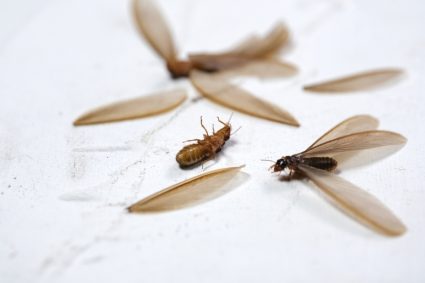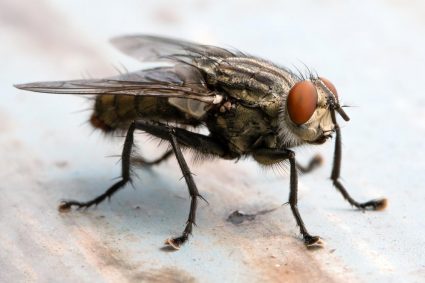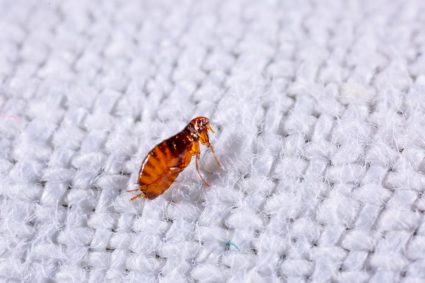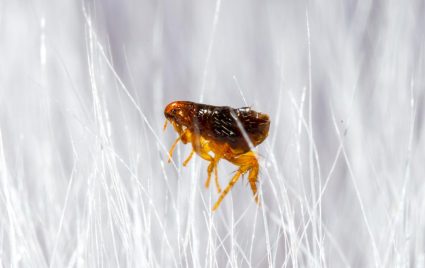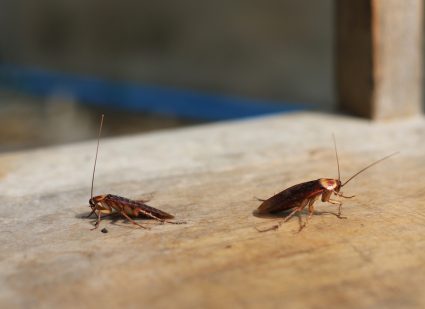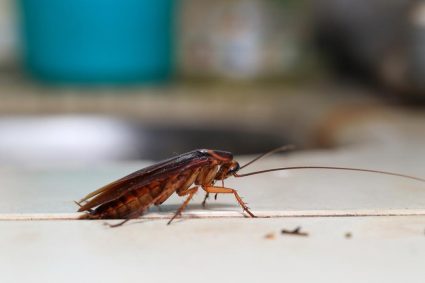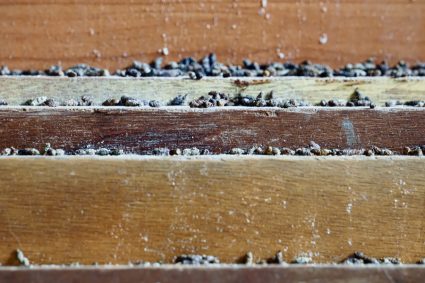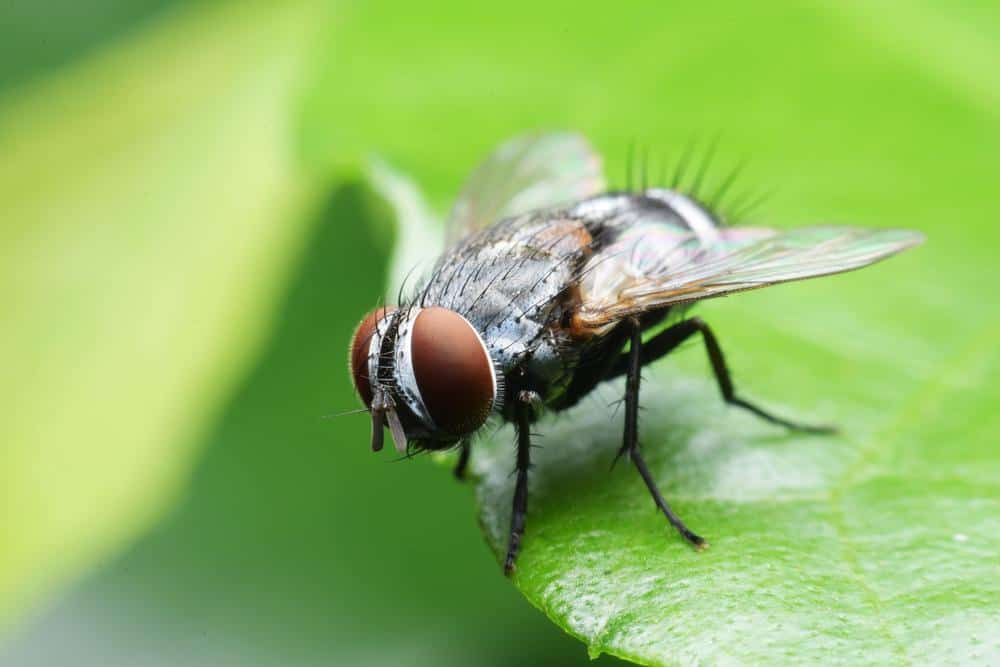
Sheep farming is a rewarding endeavor, but it comes with its own set of challenges. One of these challenges is controlling the presence of flies around your flock. Flies are not just a nuisance; they can pose serious health risks to your sheep, including skin and muscle damage, secondary bacterial infections, weight loss, and increased susceptibility to other diseases. In this in-depth guide, we will explore the various methods you can use to keep flies away from your sheep and ensure their health and well-being.
To keep flies away from your sheep, maintain good farm hygiene by regularly cleaning manure and other waste materials. Use natural fly repellents like essential oils and homemade fly sprays. Implement strategic fly control by treating your sheep with insecticides early in the fly season. If an infestation occurs, set up fly traps and baits, regularly inspect and treat your flock, shear your sheep, and provide them with proper nutrition. Always consult a veterinarian for guidance.
Understanding the Fly Problem
Flies are attracted to sheep due to the presence of blood, secretions, soiled wool, and open wounds, which provide ideal conditions for feeding and breeding. The most common types of flies that bother sheep are Sheep Keds, Sheep Nose Bots, Blowflies, and Head Flies. Each of these flies has its own unique way of causing harm to sheep, from lacerating the skin to causing irritation in the nasal passages.
Recognizing the signs of a fly problem in your flock is the first step towards addressing it. Signs of a severe fly infestation include restlessness and irritation among the sheep, decreased milk production, weight loss, and the presence of fly larvae in manure. Regularly inspecting your flock and their living conditions can help you identify a fly problem early and take quick action.
Preventive Measures
Prevention is always better than cure. Here are some preventive measures you can take to keep flies away from your sheep:
Maintain Good Farm Hygiene
Keeping the farm clean is one of the most effective ways to prevent a fly infestation. Regularly remove manure, spilled feed, wet straw, and decaying plant material to minimize fly breeding sites. Also, ensure that the sheep’s living area, bedding, feeders, and watering troughs are kept clean and dry.
Use Natural Fly Repellents
Natural fly repellents such as aromatherapy oils and homemade fly sprays can be a safe and effective way to keep flies away from your sheep. Essential oils such as neem, geranium, tea-tree, and eucalyptus are known to repel flies. A homemade fly spray can be made using apple cider vinegar, mineral oil, and essential oils like lemongrass, citronella, eucalyptus, bitter orange, and clove.
Implement Strategic Fly Control
Treating your sheep early in the fly season with an effective and long-lasting chemical can prevent fly numbers from building up. Pour-on or drench insecticides can be applied to sheep after shearing to help keep flies off them. However, always follow the manufacturer’s instructions and consult a veterinarian before using any insecticides.
Handling a Severe Fly Infestation
If your flock is already facing a severe fly infestation, here are some best practices you can follow:
Set Up Fly Traps and Baits
Fly traps, such as sticky ribbons or traps with attractants, can help capture and kill adult flies. Baits are designed to attract and kill flies. Ensure they are placed in an area inaccessible to your sheep.
Regular Inspections and Treatments
Inspect your flock regularly for signs of flystrike, such as soiled wool or unusual behavior. If you notice any symptoms, seek veterinary assistance immediately. Effective flystrike treatments should be on hand at all times.
Shear Your Sheep
Shearing your sheep in the spring or early summer is crucial in preventing fly infestations. Removing excess wool reduces the chances of flies finding suitable places to lay their eggs.
Provide Proper Nutrition
A balanced diet can boost the immune system of your sheep and make them less susceptible to pests. Consult with a veterinarian or nutritionist to ensure your sheep are receiving the right nutrition.
By implementing these preventive measures and treatments, you can effectively manage and prevent fly infestations in your flock of sheep, ensuring their health and well-being. Remember, it’s always best to consult with a professional or a veterinarian for guidance on the most appropriate methods for your specific situation.
Frequently Asked Questions
What time of the year do flies generally pose a problem for sheep?
Flies generally pose a problem for sheep during the warmer months, typically from spring through to early autumn. However, the exact period may vary depending on your geographical location and local climate.
How often should I clean the sheep’s living area to prevent flies?
It’s recommended to clean the sheep’s living area at least once a week. However, in warmer months when flies are more active, it might be beneficial to clean more frequently.
Are there any specific breeds of sheep that are more susceptible to fly infestations?
All breeds of sheep can be susceptible to fly infestations. However, breeds with heavier or more dense wool may be more at risk, as flies often prefer to lay their eggs in wool.
How does a balanced diet help in preventing fly infestations in sheep?
A balanced diet helps to boost the immune system of the sheep, making them healthier and more capable of fighting off infections. Healthy sheep are less likely to have open wounds or sores, which are attractive breeding sites for flies.
Can I use commercial fly repellents for my sheep?
Yes, commercial fly repellents designed for livestock use can also be effective. However, always follow the manufacturer’s instructions and consult with a veterinarian before using any new products on your sheep.

